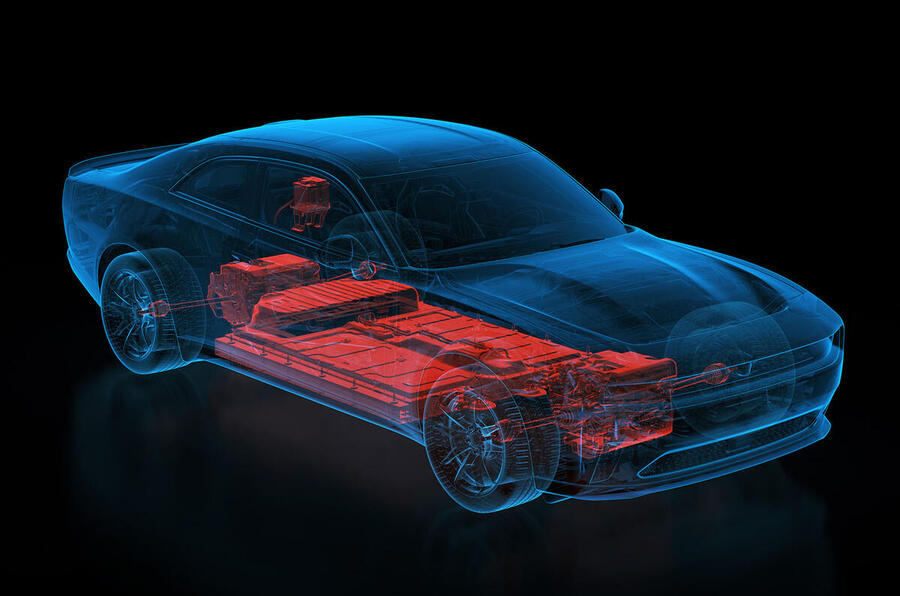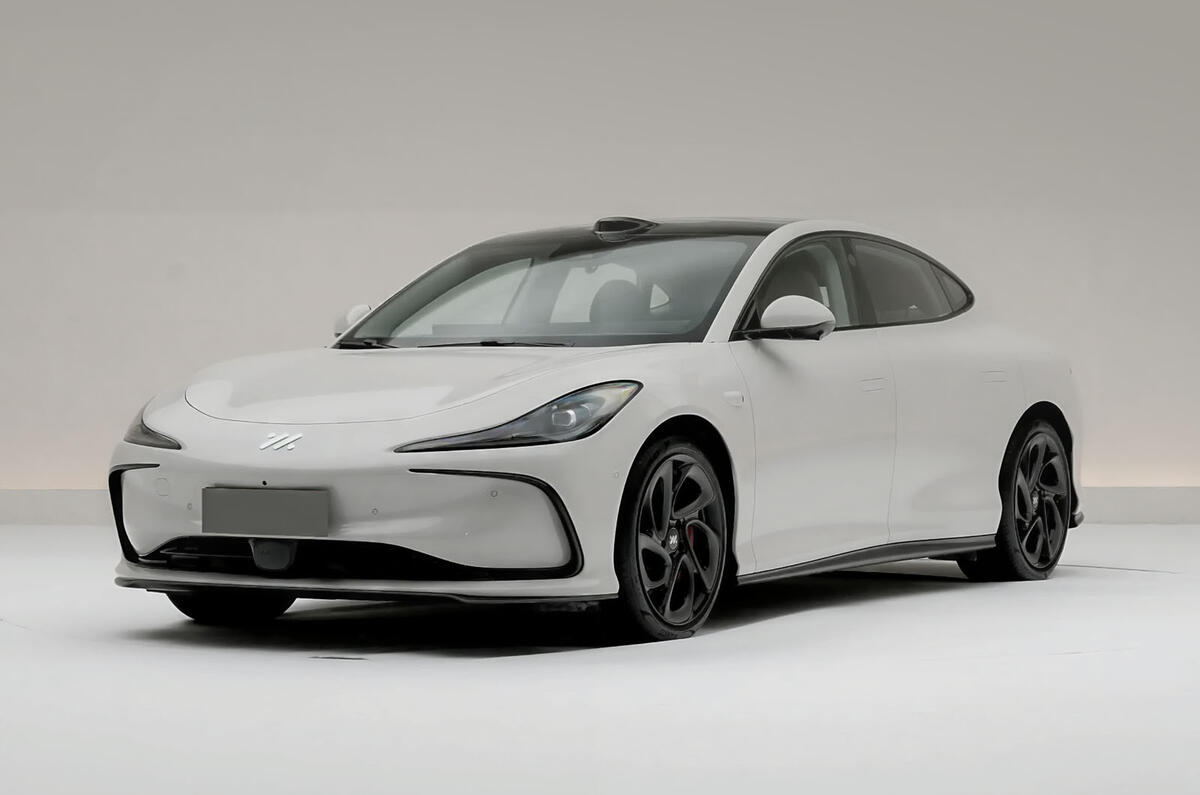Solid-state batteries have long been touted as the technological breakthrough that electric car makers are striving to bring to market. Finally, it looks like 2025 could mark a crucial step on the technology's path to becoming ready for production.
These next-generation batteries are regarded as a holy grail for EVs because they offer greater capacity and more range than similar-sized lithium ion packs used today.
Those batteries are composed of an anode and a cathode at opposite ends of the cell, with a physical ‘separator’ preventing them from touching, and a gel-like liquid in the middle.
In a solid-state battery, the make-up is simplified. The liquid is replaced by a solid block, which is lighter than its counterpart and can carry more energy within the same capacity.
The solid element is also less reactive than the liquid, so it’s much less likely to ignite if punctured or heated. This means fewer ‘redundant’ safety systems are required.
The removal of a liquid element is also expected to mean the end of range drop-offs caused by high or low temperatures and the introduction of higher charging speeds.
Solid state is important to car makers because it enables more flexibility. For example, smaller and lighter EVs can be launched with comparable electric ranges to today’s models, while larger vehicles will be able to offer a much longer range from similar-sized packs.
The technology is already being tested around the globe, although it is still a few years from widespread adoption. In China, which is one market at the forefront of the technology, SAIC-owned IM Motors currently offers its L6 saloon with a semi-solid-state battery – a halfway house to a full-solid-state battery that uses a more viscous, gel-like electrolyte than the liquid in a lithium ion cell.
This pack allows an extra 33kWh of battery capacity to be crammed into the same space as an equivalent lithium ion pack. That equates to a 28% improvement in the car’s range to a total of 621 miles, according to Chinese homologation testing.
It’s not just IM Motors, either. Rival Nio launched a semi-solid pack for its ET7 saloon earlier this year, which offers more than 650 miles of range per charge.
But what about the brands you can actually buy a car from in the UK? We list their latest efforts here:
Stellantis

The huge multi-brand car maker will begin road testing semi-solid packs made by start-up Factorial in 2026, using a fleet of modified Dodge Charger Daytonas.













Join the debate
Add your comment
That whole article contradicted its title. 2025 will not be a pivotal year for solid state batteries because none of the legacy OEMs are anywhere near commercialisation. Only MG might commercialise a semi-solid state battery next year. Instead expect incremental improvements of current battery tech, especially LFP.
The battery tech that we have now works perfectly well and is being continuously improved in terms of cost and efficiency; we don't need to wait for (presumably more expensive) solid state batteries.
Yes, it all sounds promising,but a car with 600+ miles range, charges in ten minutes,and costs around £20K?, that, and the fact the infrastructure for charging to be like filling up with fossil fuels isn't or seems not to be keeping up,that's not the car makers fault I know, but is a concern for is the future drivers of these Ev's.
Missed the bit about around 20k cost, where was that?
See Gavsmit post, apologies, misread it.